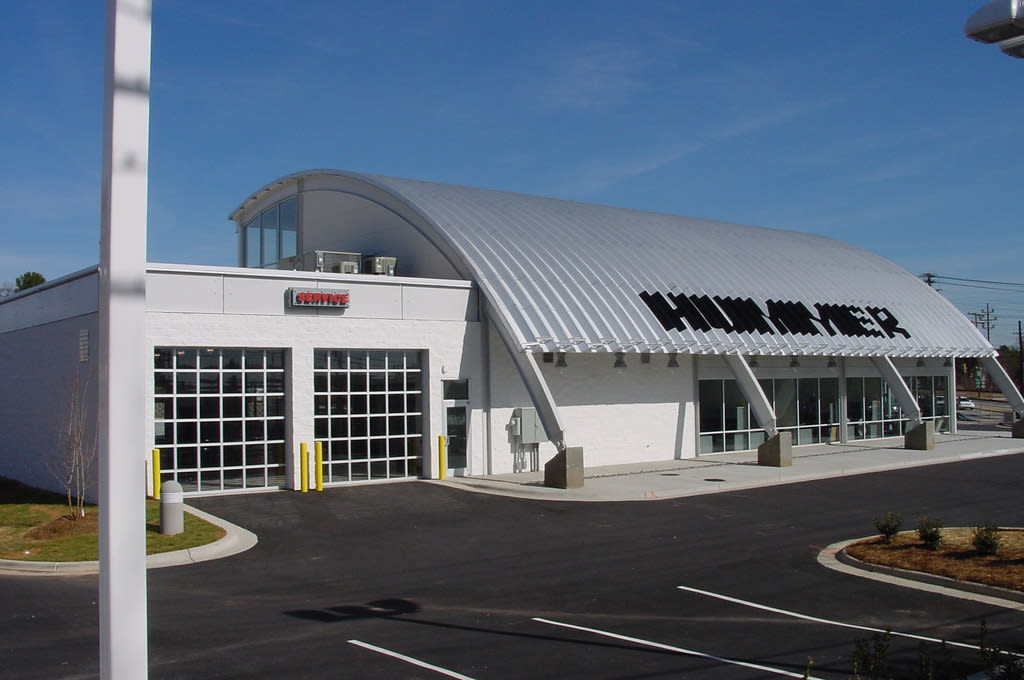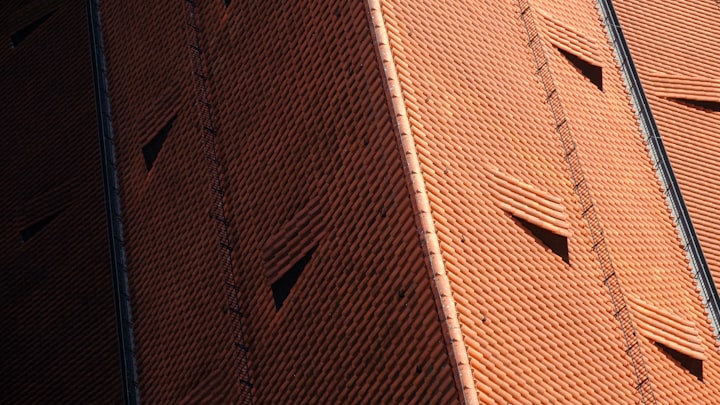Pros And Cons Of Commercial Roofing Systems
Pros and Cons of Commercial Flat Roofs and Commercial Low-Sloped Roof

As a commercial building owner, you need to focus on your building’s roof and other work. This is because your roof is a significant investment and your property’s first line of defense against the elements. When it comes to installing a new commercial roof or maintaining the one, it is essential to think about your unique building, priorities, aims, and finances.
There are several different types of commercial roofing systems available on the market, and each has its pros and cons. While the ultimate material choice for your commercial property will be yours, it will depend on what you are looking for and what your main concerns for your building are.
Let’s take a look at some of the most common commercial roofing systems, and each’s pros and cons to choosing the right for your building.
Commercial Flat Roofs: Pros & Cons
Commercial Flat Roofs Pros:
Cheap To Build And Maintain
If you are a new or experienced business owner, costs are essential for you. The flat roofs are substantially cheaper than their pitched roofs. They are safe to install that cuts down on labor costs, and repairs costs will also be cheaper.
Additional Flexibility
Flat roofs give you greater flexibility than pitched roofs. Do you want a terrace where you can host barbecues? If so, you need to install a flat roof. Besides, you can install air conditioning units on flat roofs and increase security as they are less likely to be damaged.
Reduced Utility Bills
If you are looking for utility benefits, a flat roof is the best solution. Flat roof insulation is another benefit you could take advantage of. Cool roofs use highly reflective coatings or membranes that will stop your building from getting too hot. It is ideal for businesses in hot climates, reducing your AC bill.
Commercial Flat Roofs Cons:
Flat Roofs Have a Limited Lifespan
Flat roof’s life span has limited between 10 to 15 years, and after that, it may need to be replaced.
Water Drainage Is More Complex
One of the best disadvantages of a flat roof is water drainage that doesn’t let you focus on your business in any weather. A reputable roofing company installs great water drainage systems on flat roofs.
Membrane Shrinkage
Depending on the flat roofing materials, you could face issues with membrane shrinkage. Some membranes are susceptible to UV radiation that shrinks the membrane and makes a storm of a hazard.
Commercial Low-Sloped Roofs: Pros & Cons
A low-sloped roof has an angle of fewer than 18 degrees means that the roof can be flatter than a higher slope roof. Low-sloped roofs are perfect for warehouses, factories, and other industrial buildings. They can also use a flat roof, but they have a slight pitch.
Commercial Low-Sloped Roof Pros:
It Is Easy For Solar Panel
Many people in Ottawa are investing in solar panels, and a low slope roof means they take more sunlight than a higher slope.
Water Rolls off Easier
Rain can damage your roof faster than others, which can be good regarding impact reduction and sound reduction.
It Means Less Likely To Get Wind Damage
Installing torn shingles on your roof during a low slope roof is better as they are built closer to the grain.
Commercial Low-Sloped Roof Cons:
Low Sloped Roof Means More Impact From Snow
When there is snow, it can stick more and stay on the roof for longer, causing enhanced strain when it is more prone to falling off.
Low Sloped Roof Means Damage Is Hard
If something wrong has happened to your roof, the impact would spread out to other roofs faster than higher slope roofs due to construction and dissipating damaged roofs.
Commercial Pitched Roofs: Pros & Cons
Although pitched roofs are perfect for residential buildings than commercial buildings, they are used instead of flat and low-sloped rooftops. It is easier for water to drain on a pitched roof than a flat roof structure.
Commercial Pitched Roof Pros:
Longer Lifespan
The pitched roof has a lifespan of anywhere from 20 to 50 years, depending on your chosen roofing materials. A metal pitched roof is the long-lasting roofing option for a commercial building.
Less Maintenance
The pitched roof is built with a pitch to enhance the age of your roof. It means you will experience far fewer maintenance requirements throughout your pitched roof’s life than a flat roof.
Commercial Pitched Roof Cons:
The initial upfront installation cost is the only issue with a pitched roof. Usually, a pitched roof costs more to install as it takes longer and requires more material than flat roofing. Aesthetic is another potential negative with a pitched roof. This means, if you are planning to design a contemporary and modern building, a pitched roof may not fit with the structural style you have wished.
Commercial Metal Retrofit Roofing: Pros & Cons
If you are looking for simple and cost-effective roofing for your commercial building, metal retrofit roofing is the best roofing system.
Commercial Metal Retrofit Roofing: Pros
It Is Extremely Lightweight
Metal roofing is more lightweight than tiles or other varieties. If you already have existing roof material installed, you can apply metal roofing directly on its top without any tear-off or additional structural support.
It Is Easy To Install
When it comes to choosing the quick and easy to install a roofing system for a commercial building, metal roofing materials play a vital role. It comes in 12 to 36-inch panels or multiple-shingle sections that make them convenient for a commercial building.
It Saves Energy In The Long Run
As metal roofing reflects the sun’s heat, it minimizes the heat during the hottest part of the day. It means you can use your air conditioning less and, ultimately, save more energy.
Commercial Metal Retrofit Roofing Cons:
It Is Expensive
Metal roofing can be a big initial investment as it is pretty expensive. However, if you want a durable material for your roof, it could save you on maintenance and roof replacement costs.
It Isn’t Quiet
If you prefer a calm environment in your commercial building, metal retrofit roofing is not the right choice for you. Continuously rain means water will tap on a metal roof a lot. For some people, this is a soothing sound, but for others not.
It Dents Easily
When something with significant weight hits your metal roof, it can dent easily. The aluminum and copper roofing system is more prone to denting than steel as they are softer.
The Bottom Line!
Hopefully, you have now understood types of commercial roofing systems with their pros and cons. This guide will help you choose the right roofing system for your commercial building in Ottawa. But, if you need emergency roofing in Ottawa, don’t hesitate to contact an experienced roofer for the best solution!
About the Creator
Vincent L. Wexler
Content writer for last 6 years.






Comments
There are no comments for this story
Be the first to respond and start the conversation.